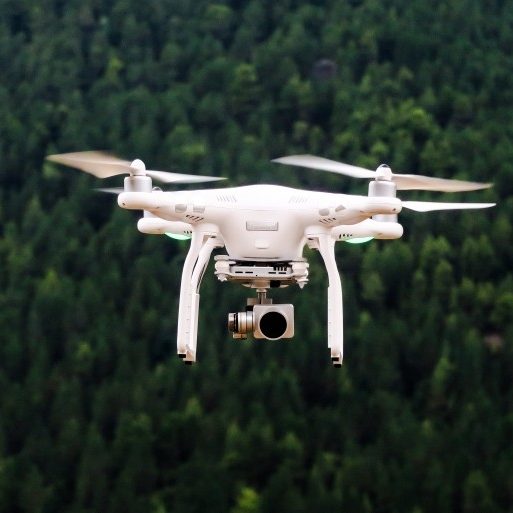Future operations

The military landscape in a rapidly changing world
The Future Operations Research Group seeks to understand and analyse the operational environment, threats, risks and opportunities military forces will face between 2030 and 2050. Urbanisation, climate change, rapid advances in technology, emerging flashpoints, unconventional and hybrid forms of warfare, and changes in the economic and geo-strategic setting for military operations all form part of the analysis. The group aggregates available information from the widest possible variety of sources, develops a series of testable, integrated projections using recognised futures methodologies and datasets, and then updates and validates projections through continuous monitoring of the environment. The group draws on the multidisciplinary expertise of a core research team at the School of Humanities & Social Sciences, as well as the broader research capabilities of UNSW and external partners.
The Future Operations Research Group is led by Professor David Kilcullen and Andrew Maher.
Research themes
Future urban warfare
On a rapidly urbanising planet, conflict increasingly takes place in and around cities. Smart-city systems, enhanced connectivity and new military and non-military technologies are already rendering traditional approaches to urban conflict obsolete.


Future unconventional warfare
After decades of United States and allied dominance of ‘conventional’ conflict, adversaries are seeking means to side-step western dominance.
Emerging flashpoints
Rapid warming in polar regions has had a dramatic increase in military competition in the Arctic. We seek to develop a set of testable indicators and warnings for emerging flashpoints and to continuously monitor and update these to build a picture of where and how such conflicts may occur.


Emerging technologies
Emerging technologies are changing the face of war, including hypersonic missiles, nuclear power, renewable energy, human performance enhancement, bioengineering, nanotechnologies, advanced materials and manufacturing methods, and novel chemical and biological weapons technologies.








